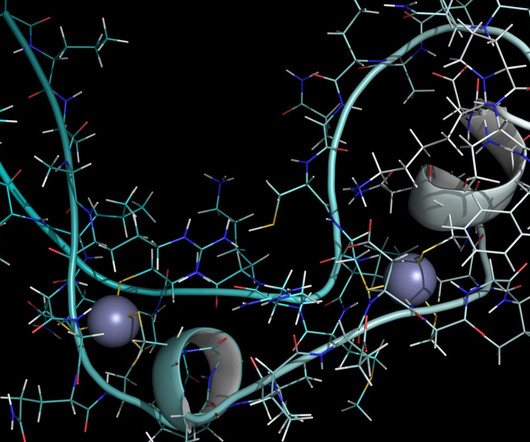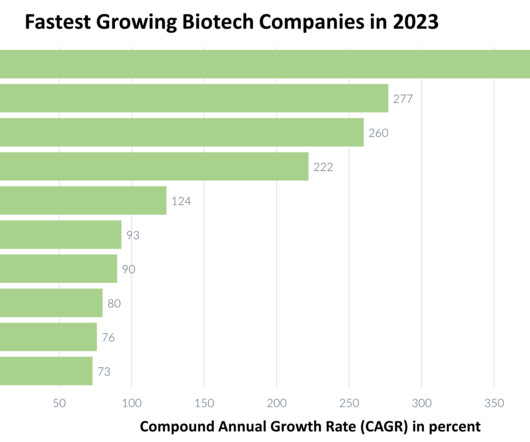Leading innovators in zinc-finger nucleases for the pharmaceutical industry
Pharmaceutical Technology
MAY 8, 2023
Within the emerging innovation stage, cell therapy for ocular disorders, coronavirus vaccine components, and DNA polymerase compositions are disruptive technologies that are in the early stages of application and should be tracked closely. They are the smallest type of programmable nuclease.















Let's personalize your content